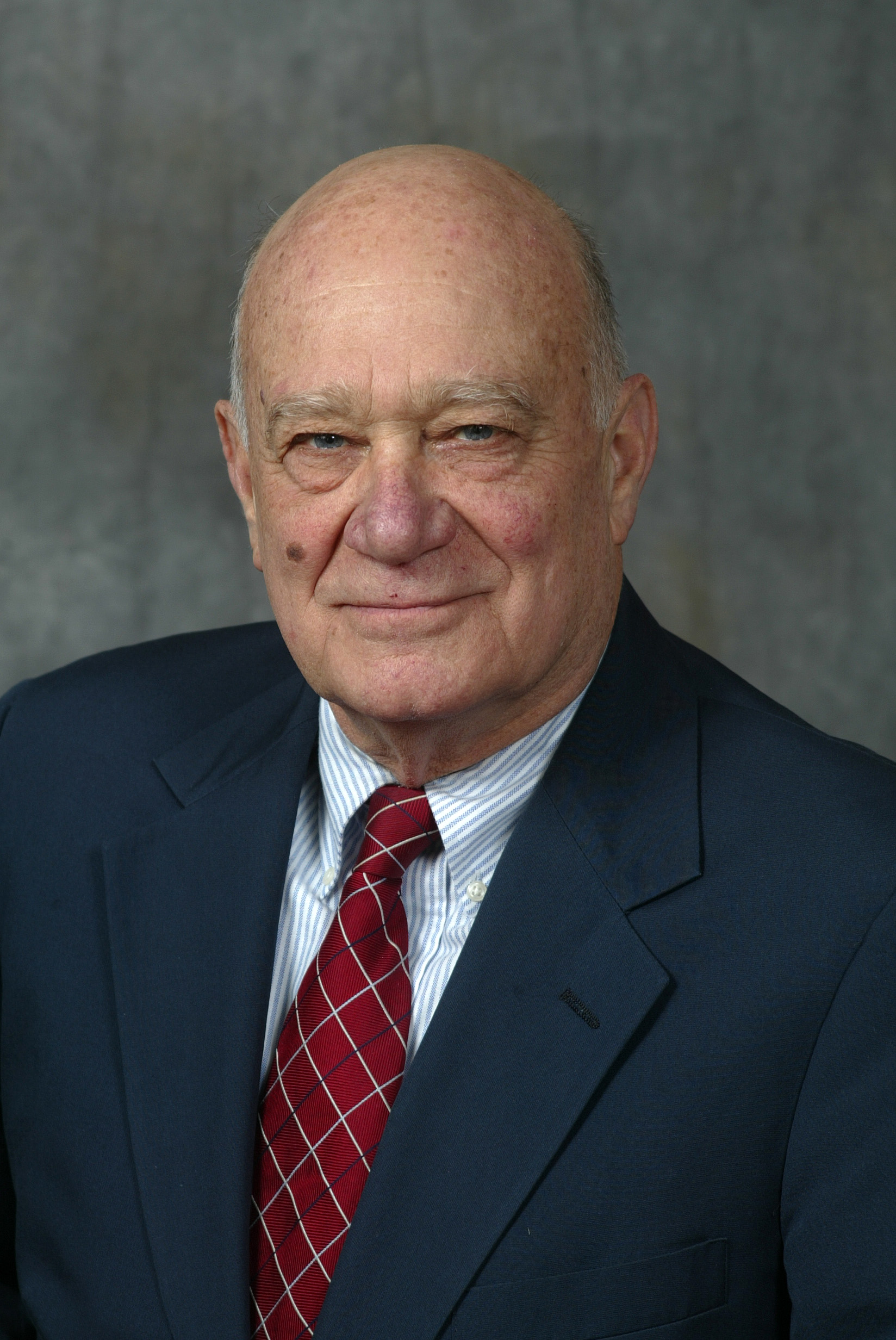The headline for this column was used nearly 40 years ago when Shirley Blanc Romaine of Great Neck orchestrated a statewide program to highlight protest and reform in the United States.
As Temple Emanuel Rabbi Robert Widom eloquently detailed in a eulogy for Shirley on April 15, she was an extraordinarily creative person, a model for peace advocacy, for community building, and for humanitarian values.
Shirley died on April 14, a day after she was scheduled to do a one-woman performance on Edna St. Vincent Millay. I had planned to attend. Even when Shirley’s age advanced into her 90s, those of us who knew her were not surprised by her continuing energy and skill, taking to the stage for civic activism.
I first encountered Shirley in 1981. She had been working for a few years with Great Neck’s acclaimed folk singer, David Sear, to develop a program that highlighted quintessential aspects of U.S. society — the right to protest and seek change.
In seeking a grant from The New York Council for the Humanities, Shirley was advised that the proposal could be strengthened by including a historian who could provide context to Sear’s protest music and to Romaine’s speech and dramatic re-enactments.
Shirley asked me to review the script and the song selections, and offer suggestions. She and David had done an excellent job, and I signed on to be a concluding speaker for the performances, offering historical judgments about what was presented. It was rather daunting to be an academic talking-head after Shirley had stirred audiences with her re-enacted readings, and after David had roused them to join the protest songs.
“Good Times… Bad Times” was reviewed in The New York Times on Jan. 24, 1982. Journalist Barbara Delatiner wrote: “Through song, poetry, prose, letters, speeches, journals — and an academic lecture of sorts — the program explores the role of ordinary citizens in bringing about social change in order to fulfill their needs and aspirations. Among these extraordinary people are backwoods revolutionaries, women, blacks, working people, and students who, in trying to shape their own destinies, have altered the course of historical events.”
Shirley Blanc Romaine never lost sight of the possibilities for changing societies and the capabilities of ordinary people to foster reform. For all the years following our 1982 performances, I worked very closely with Shirley and her marvelous activist spouse, Stan. They headed Great Neck SANE (with the late, great Don Shaffer), helped to spearhead the “Nuclear Freeze” movement, and kept on keepin’ on with Great Neck Peace Action. With both of the Romaines, the Melkonians, and dozens of others, my spouse and I were founders of The Long Island Alliance for Peaceful Alternatives. Together, with many organizations and hundreds of folks throughout Long Island, we were activists to prevent nuclear war and to spur nonviolent, peace initiatives.
Another review of Shirley’s artistic activism appeared in The New York Times (May 16, 1999). Marcelle Fischler wrote that “Ms. Romaine oozes charm, elegance and grace. She blazed her own path, creates and stars in her own programs, even if the stage is usually the local library rather than on the Great White Way.”
Not surprising that Shirley observed that there are Long Island “communities where the library is the cultural center, and if you can perform there, you are really doing something major in that community.”
In her review, Fischler said Shirley Romaine could be channeling Isadora Duncan, whom she described as “the Divine Flame.” The journalist noted Shirley’s association with “a pioneering feminist of grace, passion and defiance.”
Richard Harwood, for decades the insightful leader of The Institute for Public Innovation, has in mind people like Shirley and Stan Romaine when he calls on citizens to be “wakeful… to be more intentional — to put a stake in the ground about the kind of nation and communities we want. To examine our own personal purpose and how we give meaning to a world filled with noise and confusion. Not to see ourselves as mere bystanders and consumers, but as co-creators of our communities and lives.”
The leadership dedication by Shirley and Stan — and their marvelous activist partnership — is an inspiration to everyone. Individually, and jointly, Shirley and Stan were an energy force that drew others to share their sustained commitments to causes of peace and social justice and speak truth to power in both prose and poetry.
It seems so appropriate that Shirley’s program for this April focused on feminist poet Edna St. Vincent Millay. I know that Shirley was going to include lines (perhaps as a conclusion) from Millay’s Pulitzer Prize selection that also illustrated her own life:
“My candle burns at both ends;
It will not last the night.
But ah, my foes, and oh, my friends —
It gives a lovely light!”



